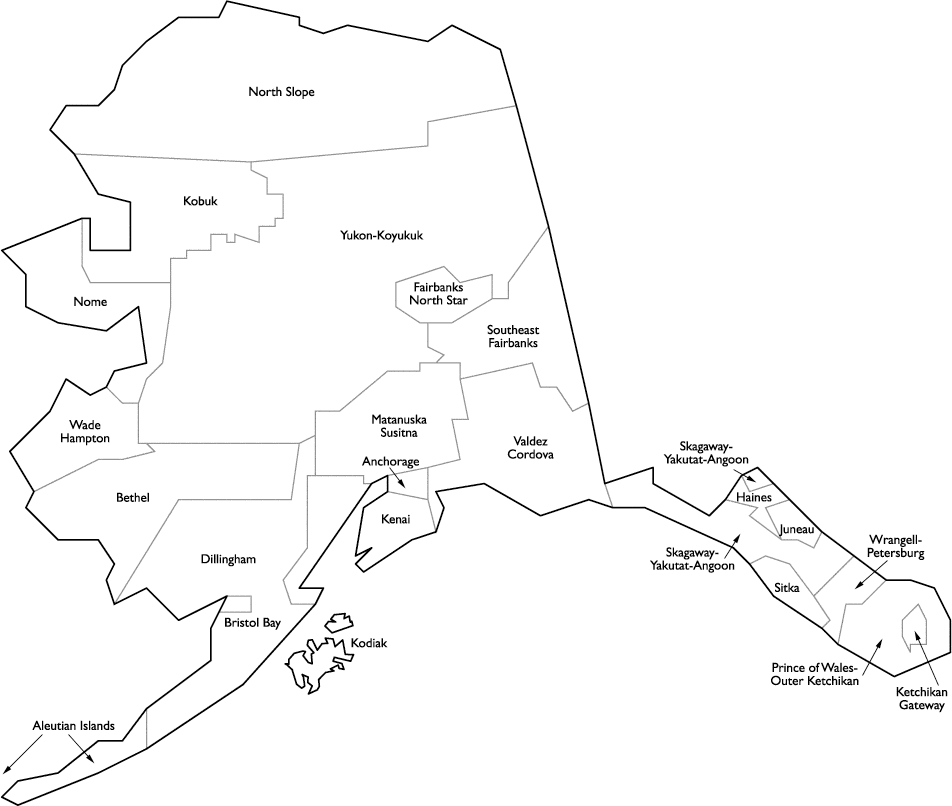So, you want to research Alaska Genealogy? Well, first, let's get a history about Alaska to give you more perspective.
Alaska became a state in 1959 but has a history with the United States since 1867, when William Seward negotiated the purchase of the territory from the Russian Empire. It was originally dubbed Seward's folly, but when gold was discovered, it began a gold rush.
Minors packed the area in search of treasures, and many settled there. Due to the population increase, Alaska was made into a territory. During World War II, some islands around Alaska were occupied by the Japanese until 1943, and it later became an important submarine base for the United States.
Something unique about Alaska is that there are no counties. Instead of counties, they are called boroughs.
Researching Alaska Genealogy

Researching Alaska genealogy is not that difficult, but is different from most states, with the exception of Hawaii. It is a young state, so you are not likely to find many lines that are multi-generational. Most U.S. citizens in Alaska migrated there during the Gold Rush for military purposes or for jobs.
Even so, here are some quick links for beginning your research in Alaska genealogy.
- Alaska Birth Records
- Alaska Passenger and Crew Manifests
- Alaska Alien Arrivals
- Alaska Military Records
- Alaska Newspapers
Alaska does not have many record databases due to it being a young state, and many of its records are for immigration. However, since it is a young state, it shouldn't be too difficult to find your ancestor who lived in Alaska. Once you find that ancestor, you may want to dig a little deeper. In order to do that, you will need to use a few advanced techniques.
Advanced Research Techniques
If you want to pursue your Alaskan ancestor further after finding them in census reports or vital records, then the next step would be to contact local archives. Here is a list of places you should check out if you want to dive deeper:
- County Clerk’s Office: Contacting the county clerk can help you find some land records, court documents, and other interesting documents that will give you a deeper look into your ancestor’s life.
- Local Library: What were the newspapers during that time period? Most libraries have microfilm that will allow you to read what was going on during your ancestor’s life. Many libraries also have obituary collections.
- Local Genealogical Societies: Most counties have their own historical society, and many cities also have genealogical societies. It is quite possible that someone has come before you and done much of the research and has written it down. If that is the case, then a local genealogical society would have that document.
- Local Cemeteries: Finding the grave of your ancestor can also give additional clues.
Good Luck researching Alaska genealogy!
